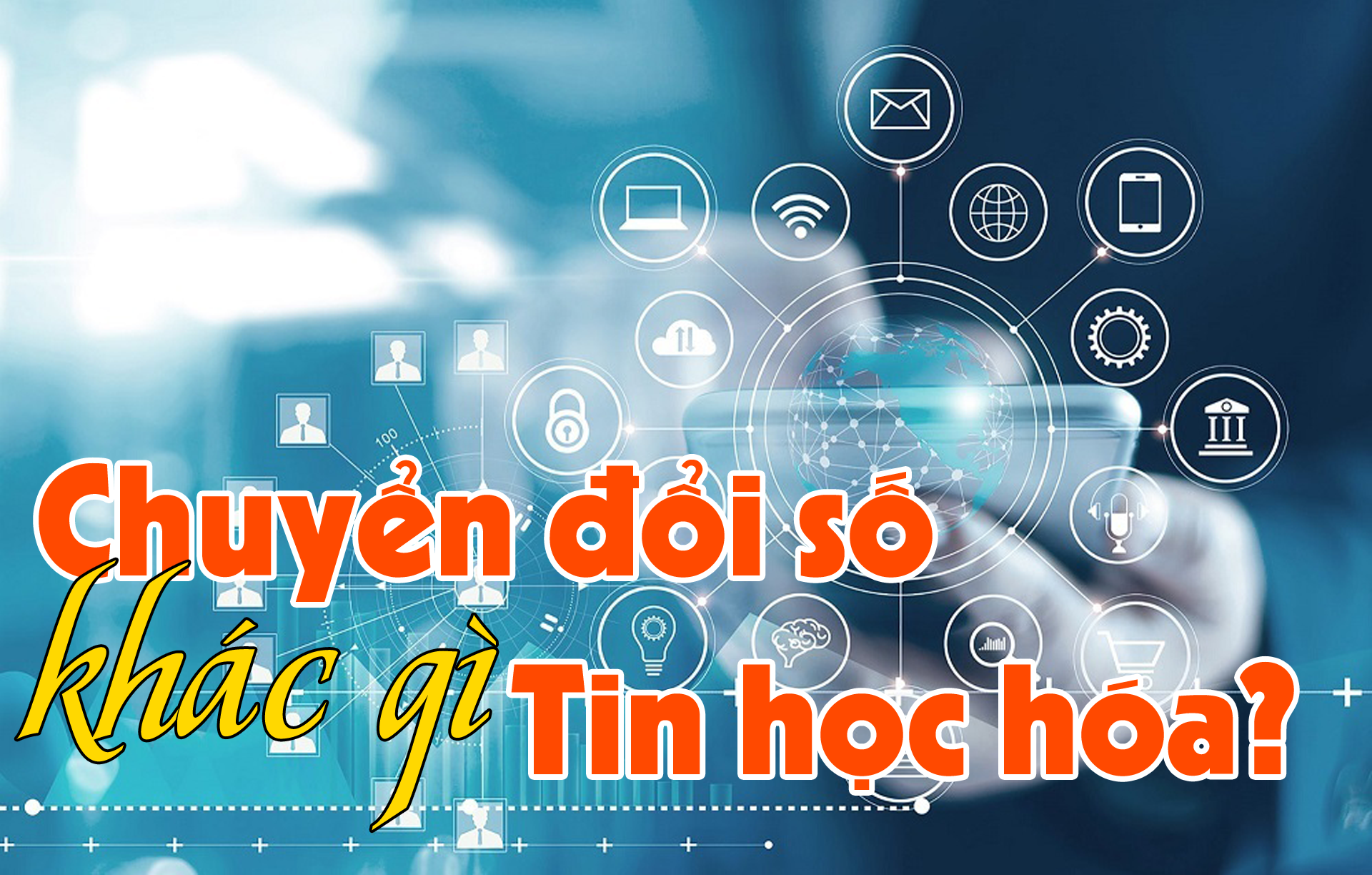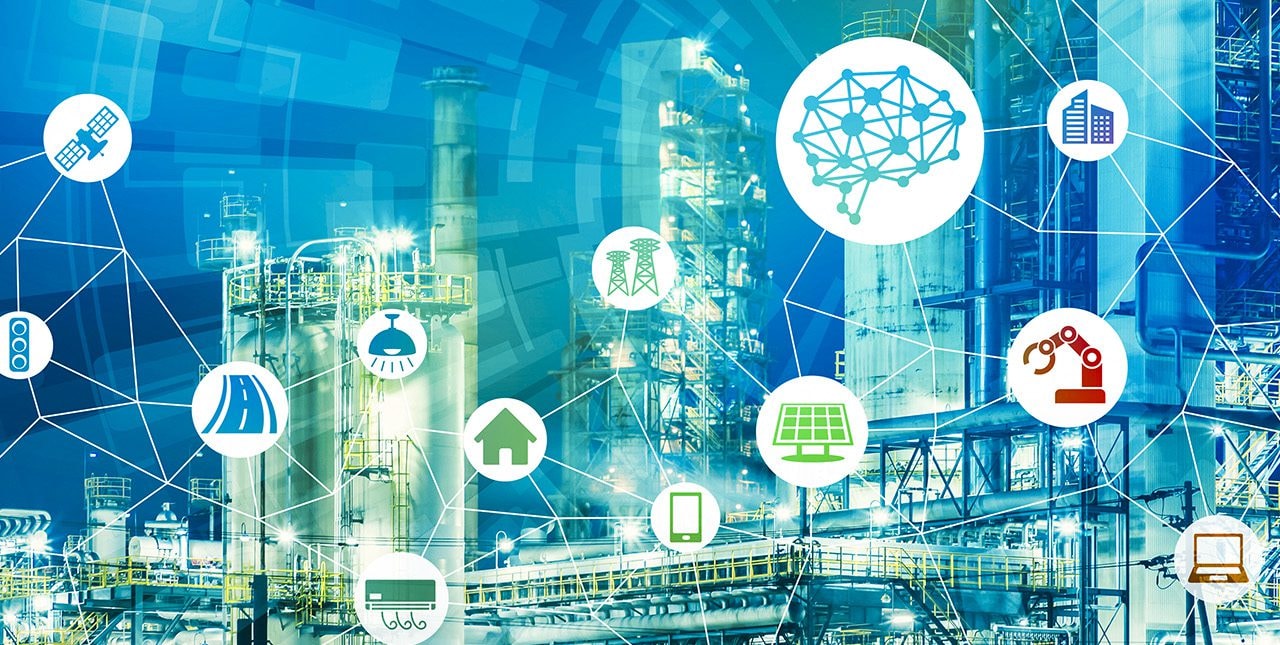

Why is there such a boom in “digital transformation”? Is it because of the love of words, the desire to show off, because of the technology people making things up to increase the value of technology, or because of the need, the urgency, and the great benefits that digital transformation brings?
Many people ask the question “So what is the difference between digital transformation and computerization?” Among those who ask this question are many PhDs in information technology, big names in the information technology industry. They are right to ask this question because they are still the same people working in information technology, now they all say in unison “we are not only computerizing but we are digitally transforming”.

Among the definitions of digital transformation, I like this one the most: “Digital transformation is the integration of data and digital technology into all areas of an organization's operations, fundamentally changing the way the organization operates (or operates) to provide greater value and benefits to the people it serves.”
According to that definition, the fundamental difference between Digital Transformation (now) and Informatization (before) is:
1) Integrate data and digital technologies into all organizational activities. In the past, digital technology only included computers, network devices and software. Today, digital devices are exploding, including cameras, robots, sensors, measuring devices, mobile phones, smart door locks, smart meters (electricity, water, gas), smart electrical equipment, etc.
2) Fundamentally change the way an organization operates to provide greater value and benefits to the people it serves (customers, organizations, people and businesses).
Thus, it is the achievements of technology with the explosion of data (big data), the explosion of social networks and e-commerce, the explosion of digital devices and technologies, including artificial intelligence AI, robots, chatbots, cameras, measuring devices, sensors, smartphones, smart meters (electricity, water, gas), smart electrical equipment... that are the basis for people to come up with the concept of digital transformation.

Some veteran IT experts believe that if there is no concept and definition of digital transformation, then naturally, due to practical needs, advances in artificial intelligence AI, big data and smart digital devices, people working in information technology, automation, technology will still do the same jobs that digital transformation is doing today; self-driving cars, smart robots (in production, medical examination and treatment, health care, service provision) will still develop and still enter real life; smart electricity, water, gas meters (self-reading consumption index, self-stopping, self-closing meters), non-stop traffic toll collection, digital banking (all transactions between customers and banks are completely online); social networks, e-commerce... will still develop and enter real life.
Of course, it cannot be denied that the digital transformation fever has helped national leaders, ministry leaders, and business leaders around the world pay more attention, get involved more, issue more policies, and invest more in digital transformation, and thanks to that, society develops faster, becomes more civilized, and people receive more benefits.


